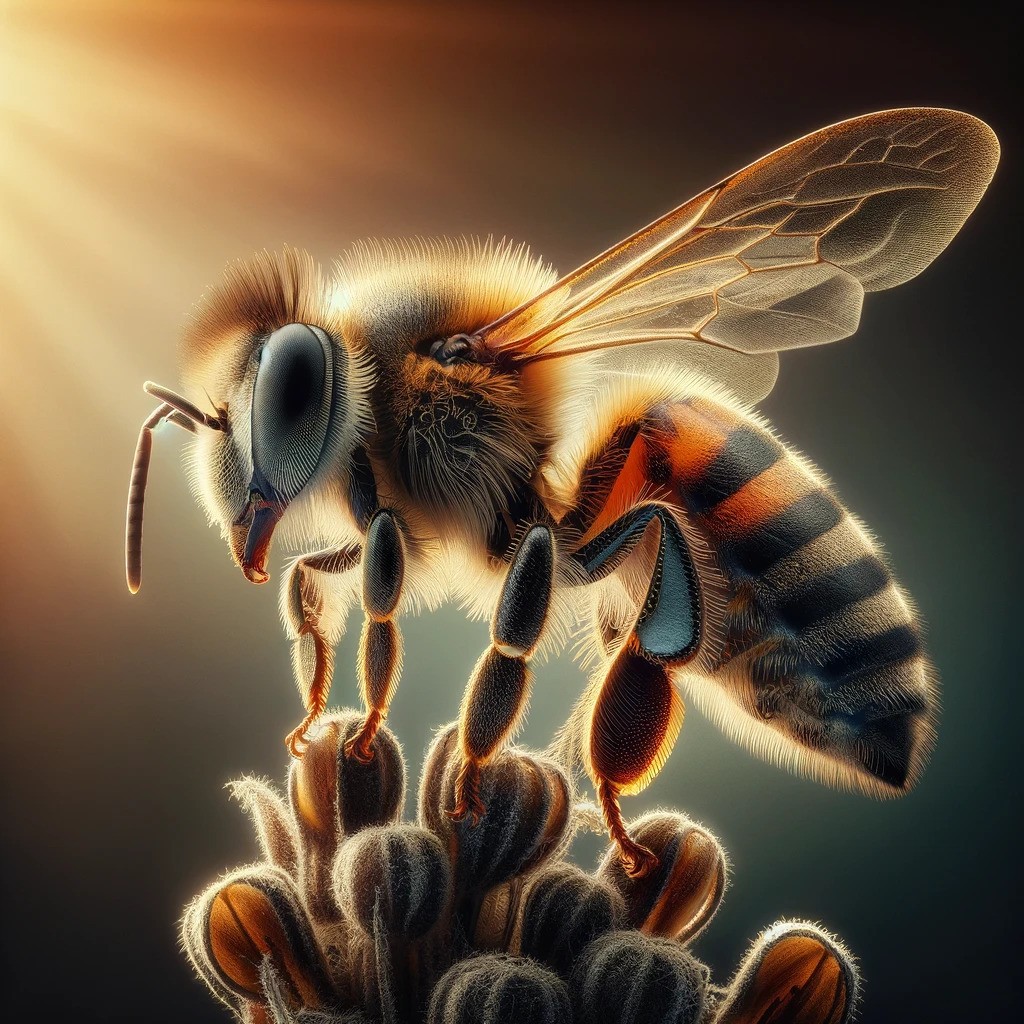As the chill of winter approaches, beekeepers observe the emergence of the final generation of bees for the year.
With queens winding down their egg-laying, the hive’s population reaches its final winter count, a critical moment that influences how well the colony will endure the colder months.
The Importance of Winter Bees
Winter bees differ from their summer counterparts.
They live longer, often surviving several months, as their role is to maintain the hive’s warmth and stability during the coldest period.
They cluster together, preserving energy, and slowly consuming stored honey to keep warm.
This final generation is essential, and its strength will determine how successfully the hive will survive winter.
Why the Queen Stops Laying Eggs
With fewer resources available and harsher conditions approaching, the queen naturally reduces her egg-laying activity.
This is part of the bees’ instinct to conserve energy and resources, focusing on the existing population rather than expanding it.
With nonexistent food sources outside the hive, there is no point in laying more eggs since the bees won’t be able to properly feed them.
Besides the lack of food, bees require warm temperatures so they can fly.
How to Prepare for Winter with Your Final Population
1. Inspect Hive Supplies: Ensure there’s enough food to sustain the bees over winter.
2. Reduce Unnecessary Frames: By removing empty or surplus frames, you allow the bees to cluster more effectively, which aids in maintaining warmth.
3. Minimize Disturbances: Once winter sets in, opening the hive can cause heat loss.
Any inspections or adjustments should be done now before the temperatures drop.
4. Check Hive Protection: Make sure the hive is sheltered from wind and insulated to maintain a stable internal temperature.
In beekeeping, the close of autumn is a reminder of the natural cycle.
With this final generation, you’re not only seeing the result of a year’s work but also setting the foundation for spring’s revival.
Let these winter bees work undisturbed and with good preparation, they’ll help carry the colony safely through until the warmer days return.














